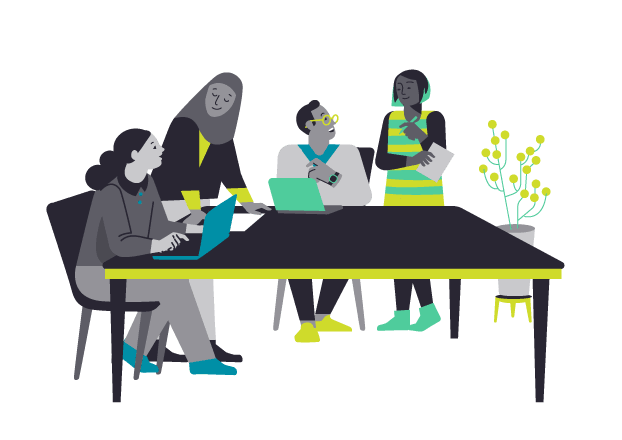Access to online content and applications is an important part of day-to-day life for members of the community, regardless of ability. However, many websites are not designed with accessibility in mind, excluding those with a disability from full participation in our digital society and robbing websites of potential customers or users.

What does web accessibility mean?
Web accessibility makes web content accessible for people with auditory, cognitive, neurological, physical, speech and visual disabilities by designing and developing websites, tools and technologies so that people with disabilities can easily perceive, understand, navigate and interact with online services and content.
How does web accessibility help?
People with a disability navigate the web in different ways depending on their individual needs. Different tools and techniques can assist them to access and interact with online content. For example, a person with a vision impairment may rely on screen reading software with a speech or Braille output. Someone with a hearing impairment may require closed captions in order to consume video content. Creating accessible content enables these tools and techniques to be used effectively.
Web accessibility also helps people without disabilities to access online content. This includes older people, people with limited digital skills, people with injuries, e.g. a broken arm, or people unable to listen to audio in certain situations.
Why is web accessibility important?
According to the Australian Bureau of Statistics, over one fifth of the Australian population (21 per cent) has a disability and may find accessing certain web content challenging.
Web accessibility is important because it:
- Supports inclusion of people of all abilities to benefit from and contribute to the web
- Ensures your organisation or business does not miss out on reaching almost one fifth of Australians as a potential audience
- Helps you meet requirements under the Disability Discrimination Act 1992 (Cth).
I want to improve the accessibility of my website/app. Where do I start?
Learn more about accessibility
auDA thanks Gunela Astbrink, Chair of the Internet Society Accessibility Standing Group and Vice-Chair of ICANN's Asian, Australasian and Pacific Islands Regional At-Large Organization (APRALO) and Wayne Hawkins, Director of Inclusion at the Australian Communications Consumer Action Network (ACCAN) for their assistance in developing this information.